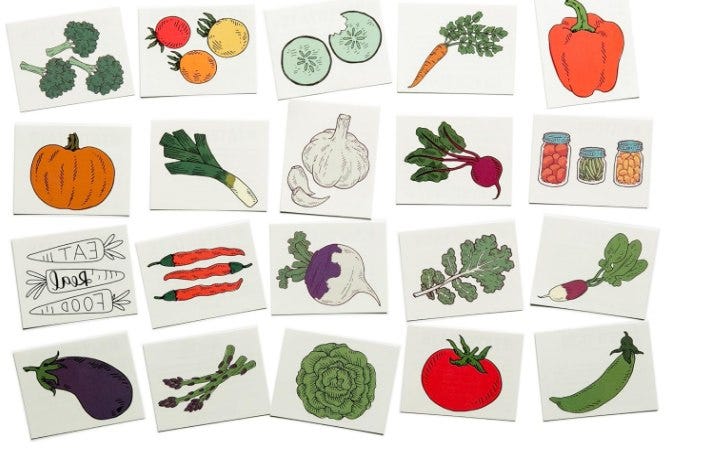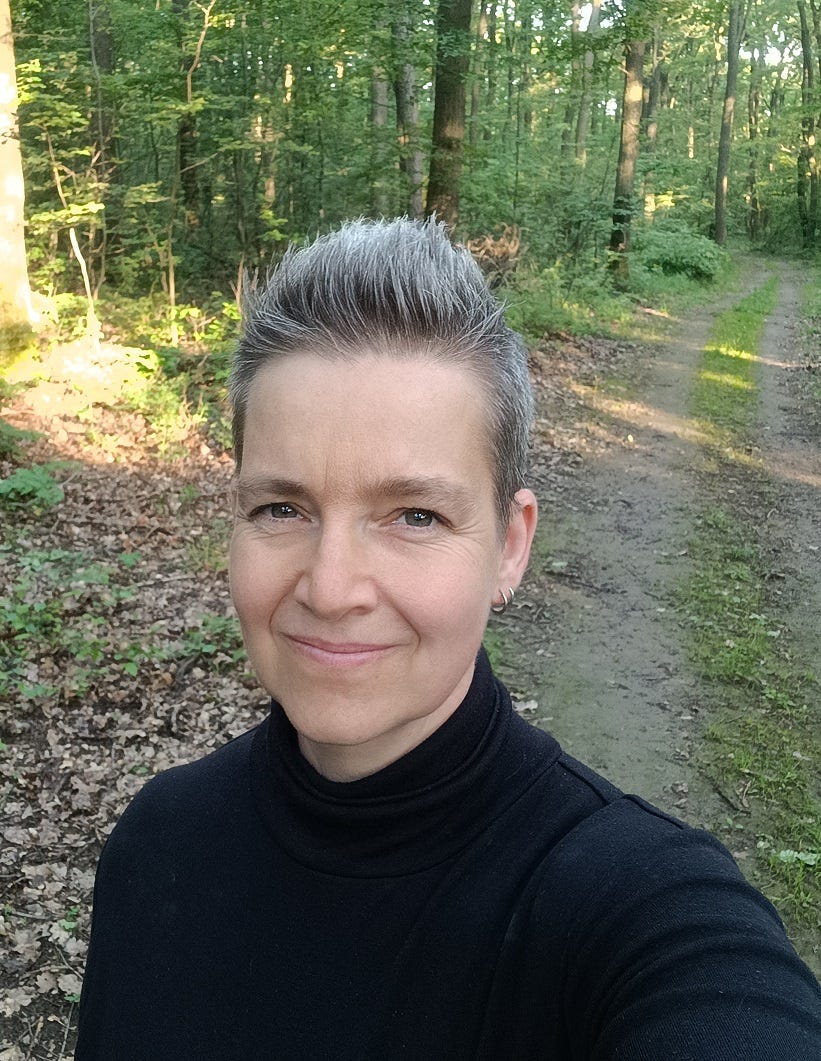9/13/24-Dietitian: Vital AF (BUD bands); 1.0 FREE Sponsored CPEU; Spotlight: Dietitian in Hungary; 4 Things You May Have Missed
🎫Build Up Meet Up drop-in event at FNCE: We’ll be giving out Friendship Bracelets, 5 different customized “BUD bands” & fun temporary tattoos “glammed up” by Rikki Rabin, one of our moderators. Don’t miss it!
Sunday, Oct 6th 5:30-7:30p(CT). Tickets include: Appetizers and adult beverages & fun networking. Over 1/2 of the tickets have been claimed already so don’t delay. Get your ticket TODAY before they’re gone. Click HERE
💥If you’re an ANNUAL subscriber to the newsletter you get ONE (1) FREE (non-transferable) ticket - but it must be claimed by 9/13 - email us at builduprdns@gmail.com)
🙏🏽(Thanks to our SPONSOR, The Dairy Alliance, this issue of the newsletter is FREE to read —- but we would appreciate it if you SUBSCRIBED!)
💻#Sponsored - 1.0 FREE CPEU from The Dairy Alliance
"Ever wonder how dairy farmers are measuring their environmental impact? Or what to consider when eating with the environment in mind? Earn 1.0 free CPEU and join us for a LIVE virtual farm tour of Hillcrest Farms in Dearing, Georgia, who recently completed an environmental assessment to define their farm's carbon footprint." Register HERE
https://sudia.zoom.us/webinar/register/3417255616183/WN_lzrAqOF6RryqURH1TYPZRQ
💡Spotlight: Judit Bodon -Dietitian in HUNGARY
Connect with Judit on Facebook HERE and on Instagram HERE
Q#1: What do you currently do as a dietitian?
Answer: “I have a private practice where I mostly work with clients 1:1. I work with a non-diet approach (and) I am a Certified Intuitive Eating Counselor. My clients are ~95% women who have been dieting most of their lives and now they want to find balance in their eating and lifestyle habits. I focus on supporting their health regardless of their weight. I also run a 10-week online program to help participants find food freedom.”
Q#2: What is the most challenging part of your job as a dietitian in your country?
Answer: “To “fight” nutritional misinformation and disinformation, and health damaging diet and wellness culture.”
Q#3: What’s your favorite Hungarian dish?
“… "lecsó"…This is a pepper, or as we say it, “paprika”, tomato, onion ragout (sort of ratatouille / shakshuka like, but don't tell this to any Hungarian as they would get offended …
Lecsó can be prepared and consumed in hundreds of ways - just the ragout with fresh bread, mixed with eggs, and/or rice, with or without traditional Hungarian sausage, with hot paprika or sweet pepper, with more tomato, with less tomato etc. …. there are as many recipes as many households…. You can even prepare it when peppers and tomatoes are in season and conserve the meal in a jar for winter. In the summer you can cook it on open fire at a garden party.”
4️⃣Things You May Have Missed
1. The (Not So) “Smart Brief”

Thanks to one of our readers for letting us know about this paper that appeared in Current Developments in Nutrition in 2022 looking at the Smart Brief newsletters/emails:
“Although SB(Smart Brief) emails are sent out to AND (Academy of Nutrition & Dietetics) members to provide accurate health-based information, this study found more than half of the articles examined used non-scientific sources and contained errors. Thus, AND members should be cautious of using solely the SB articles in practice without consulting the original published source.”
The Content and Accuracy of the SmartBrief for Nutrition Professionals - PMC (nih.gov)
2.Michele Payn offering FREE Science Communicator Training
Science Communications Training Webinar | Michele Payn & Amy Hays (causematters.com)
Do you need to learn to communicate science differently? Join us on Wednesday, October 9, 1-2 p.m.ET to better connect the science of agriculture, dietetics, farming, ranching, and food in this FREE webinar. Click HERE to register
3.Substack: “Why We Must See Food Beyond Fuel”
Tomesha Campbell Why We Must See Food Beyond Fuel - by Tomesha Campbell (ebwhcommunity.com)
“…When we reduce food to mere calories and macronutrients, we risk missing the profound cultural and emotional connections individuals and communities have with their meals. One of the things that I’ve discovered over the years is present in many Black communities is that food is often a source of comfort, a link to ancestral roots, and a means of strengthening communal ties….”
4.Substack: Immunologic
Dr. Andrea Love link to her newsletter HERE









